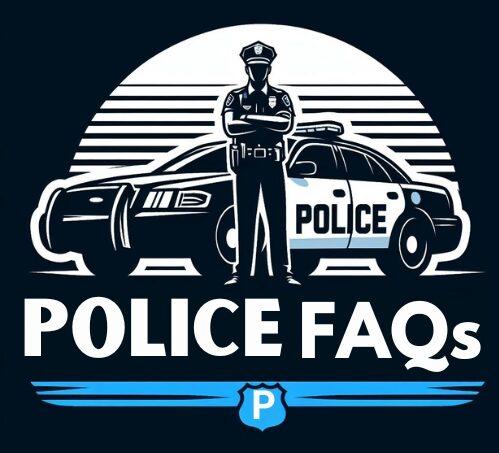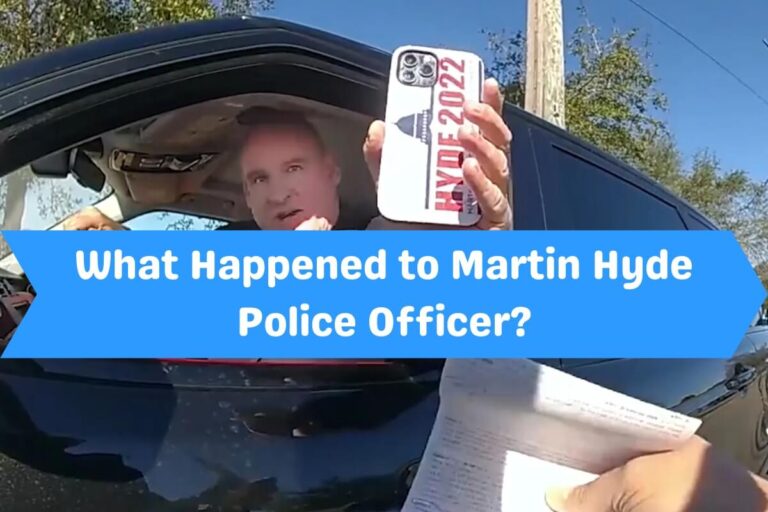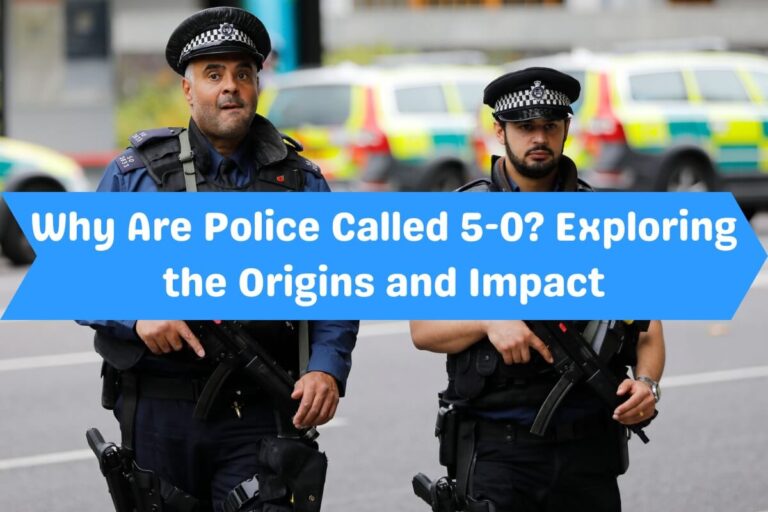What is Metro Police? Exploring the Role of Metropolitan Police Departments.

What is metro police? Metro police, also known as metropolitan police, refers to the police departments that serve large cities and metropolitan areas. These specialized police forces are tasked with maintaining law and order, preventing and investigating crimes, and ensuring the safety and security of their jurisdictions.
In this comprehensive article, we will delve into the world of metro police, exploring their history, organizational structure, roles and responsibilities, as well as the unique challenges they face in keeping our major cities safe. Whether you’re interested in learning more about metro police or are considering a career in this field, this post will provide you with a deep understanding of this critical component of law enforcement.
What is Metro Police? The Origins of Metro Police
The concept of metro police has its roots in the early 19th century, when the growing urbanization and industrialization of major cities led to the need for more organized and centralized law enforcement. One of the earliest and most influential metro police departments was the Metropolitan Police Service, established in 1829 in London, England by Home Secretary Sir Robert Peel.
The Metropolitan Police Service, commonly known as the “Met,” was modeled after Peel’s principles of policing, which emphasized the importance of crime prevention, community engagement, and the professionalization of law enforcement. This approach was later adopted by many other major cities around the world as they sought to address the unique challenges of policing large, densely populated urban areas.

The Role and Responsibilities of Metro Police
Metro police departments are tasked with a wide range of responsibilities that go beyond the traditional duties of local law enforcement. These responsibilities often include:
1. Maintaining Public Safety
One of the primary roles of metro police is to ensure the safety and security of the general public within their jurisdiction. This involves patrolling the streets, responding to emergency calls, and addressing a variety of criminal activities, from violent crimes to property offenses.
2. Protecting Critical Infrastructure
Metro police departments are often responsible for securing and protecting the critical infrastructure of their cities, such as transportation hubs, government buildings, and other key facilities. This includes providing security for events, dignitary protection, and counterterrorism operations.
3. Investigating Complex Crimes
Due to the larger scale and greater resources of metro police departments, they are often tasked with investigating more complex and high-profile crimes, such as organized crime, white-collar offenses, and major felonies. These investigations may require specialized units and cross-jurisdictional coordination.
4. Community Engagement and Outreach
Metro police departments recognize the importance of building strong relationships with the communities they serve. They often engage in various outreach and community-based programs, such as neighborhood watch initiatives, youth mentorship, and crime prevention education.
5. Specialized Units and Capabilities
To address the unique challenges of policing large metropolitan areas, metro police departments often maintain specialized units and capabilities, such as:
- SWAT teams for high-risk operations
- Bomb squads and hazardous materials units
- Aviation and marine units for aerial and waterborne patrols
- Canine units for detection and apprehension
- Forensic and investigative support services
The Organizational Structure of Metro Police
Metro police departments are typically organized in a hierarchical structure, with the Commissioner or Chief of Police serving as the highest-ranking officer and the overall leader of the department. The organizational structure often includes the following key components:
Executive Command
The executive command of a metro police department typically includes the Commissioner or Chief, as well as one or more Deputy Commissioners or Assistant Chiefs. These top-level officials are responsible for establishing the department’s overall strategic direction, policies, and priorities.
Specialized Bureaus and Divisions
Metro police departments are often divided into specialized bureaus and divisions, each focused on a particular aspect of law enforcement, such as:
- Patrol Operations
- Criminal Investigations
- Organized Crime and Narcotics
- Counterterrorism and Intelligence
- Special Operations
- Community Engagement and Outreach
Precinct or District Commands
The metro police department is typically divided into smaller geographical areas, known as precincts or districts, each with its own commanding officer and dedicated personnel. This structure allows for more focused and localized policing efforts.
Support Services
Metro police departments also maintain a range of support services, such as:
- Training and Professional Development
- Human Resources and Staffing
- Technology and Information Systems
- Budget and Fiscal Management
- Legal Counsel and Compliance
Challenges Faced by Metro Police
While metro police departments play a critical role in maintaining public safety, they also face unique challenges due to the scale and complexity of their jurisdictions. Some of the key challenges include:
Funding and Resource Allocation
Metro police departments often struggle with limited budgets and resources, requiring them to prioritize their spending and find creative ways to maximize their effectiveness.
Responding to Large-Scale Incidents
When major events, protests, or disasters occur in metropolitan areas, metro police departments must be prepared to coordinate large-scale responses and deploy significant personnel and equipment.
Addressing Specialized Crimes
The diverse nature of criminal activity in major cities requires metro police departments to maintain specialized expertise and capabilities, such as in cybercrime, financial fraud, and organized crime.
Building Community Trust
Establishing and maintaining trust between metro police and the communities they serve can be a significant challenge, particularly in the context of historical tensions and perceptions of bias or misconduct.
Recruiting and Retaining Qualified Personnel
Metro police departments often face difficulties in attracting and retaining high-caliber officers, due to the unique demands and stresses of the job, as well as competition from other law enforcement agencies.
The Future of Metro Police
As the challenges facing metro police departments continue to evolve, these law enforcement agencies must adapt and innovate to meet the changing needs of their communities. Some of the emerging trends and developments in the field of metro policing include:

Technological Advancements
Metro police departments are increasingly leveraging advanced technologies, such as data analytics, predictive policing algorithms, and body-worn cameras, to enhance their operational effectiveness and transparency.
Community-Oriented Policing
Many metro police departments are placing a greater emphasis on community-oriented policing strategies, which focus on building stronger relationships with residents, addressing local concerns, and collaborating with community stakeholders.
Emphasis on De-Escalation and Crisis Intervention
In response to concerns about the use of force, metro police departments are investing in training and tactics that prioritize de-escalation, crisis intervention, and the minimization of harm.
Increased Collaboration and Coordination
To address the complex and cross-jurisdictional nature of crime in metropolitan areas, metro police departments are working to strengthen their partnerships with other law enforcement agencies, as well as with local government and community organizations.
Conclusion
Metro police departments play a vital role in keeping our nation’s largest cities safe and secure. From maintaining public order to investigating complex crimes, these specialized law enforcement agencies are crucial to the well-being of our metropolitan communities.
As we have explored in this article, metro police departments face a unique set of challenges, from limited resources to building community trust. However, through continuous innovation, collaboration, and a steadfast commitment to public service, these departments are adapting to meet the evolving needs of the communities they serve.
Whether you are a citizen concerned about the safety of your city or an aspiring law enforcement professional, understanding the role and responsibilities of metro police is essential. By working together, we can support and empower these dedicated men and women who protect and serve our metropolitan areas.






